COVID-19 has been one of the defining issues of our time. Millions of people have died, and it has impacted our schools, workplaces and communities.
That’s why it’s important to find ways to support each other and the issues we care about. This report highlights some of the ways in which you(th) can be socially responsible while we fight the pandemic and recover from it.
Social responsibility is about trying to understand the world around us and finding ways, no matter how small, to contribute to making it a better place.
Now, more than ever, we have a shared interest in protecting our planet and looking after one another.
Although the COVID-19 pandemic affects all segments of the population, it has had a particular impact on people in our communities who are already in vulnerable situations and face discrimination, such as refugees, older persons, persons with disabilities, indigenous persons, and those with low incomes.
• Talk to your family: Make sure that everyone in your family understands the importance of handwashing, physical distancing and knowing where to find the most reliable information.
• Intervene: Speak up if you hear or see friends or family members sharing misinformation or making discriminatory comments.
• Verify: Combat misinformation about COVID-19 by becoming an Information Volunteer through the UN’s Verified initiative and help increase the amount of trusted, accurate information.
• Share information in your own way: Find creative ways of informing and entertaining friends and family online, such as through art or writing.
• Volunteer: Look for volunteering opportunities in your community. Help people in need by picking up their groceries and medicines, for instance.
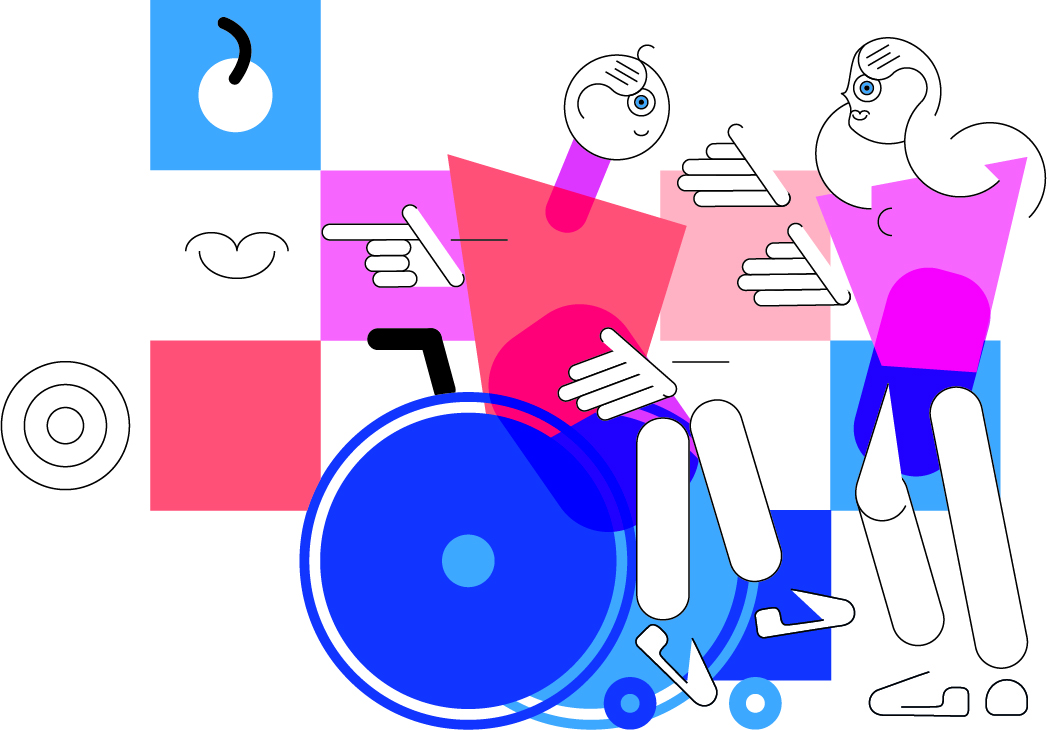
This global health crisis quickly became a severe economic crisis. Youth are disproportionately affected, with more than one in six young people stopping work.
• Get involved: Find ways to involve yourself and other young people in pandemic recovery efforts.
• Engage: Make your voice heard in webinars, online debates or campaigns about youth employment, training and access to decent work.
• Upskill: Identify how you can upskill and future-proof your career, and then put plans in place to achieve that.
• Save: If you have a job or source of income, try to regularly put aside some savings.
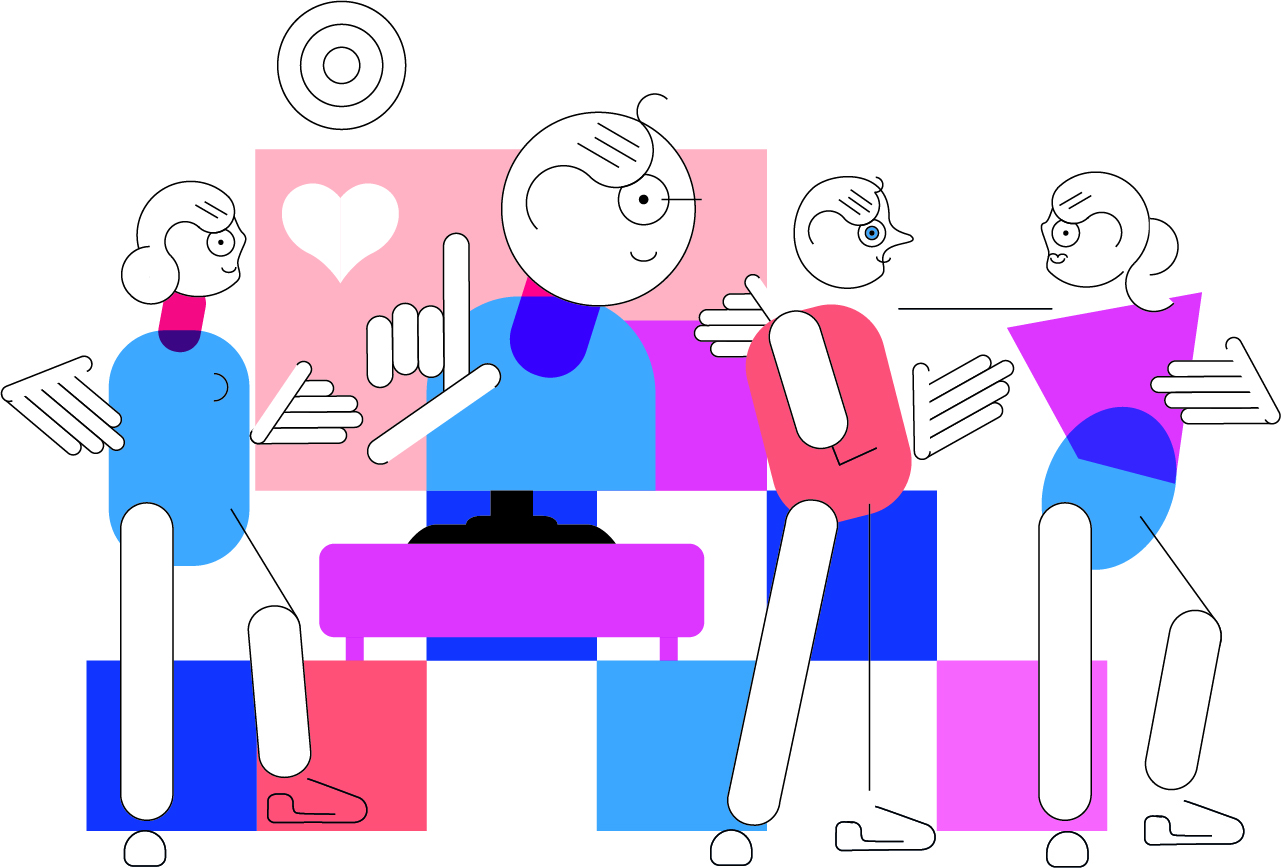
At a time when fewer planes are crossing our skies and people are living more locally, we can still find many other ways of reducing the harm we do to our planet. Now is the time to learn how to live better, more healthily, and with less impact on the environment.
• Consume responsibly: Share things with friends and family or buy second-hand instead of new, and make sure the things you buy are as eco-friendly as possible.
• Clean up: Organize a litter clean-up event with other young people in your community.
• Eat seasonally and locally: Think about where your food comes from and try to consume food that has not travelled thousands of miles to get to your plate.
• Set your goals:
• Less food waste
• Less plastic waste
• Less electricity consumption
• More cycling, walking and public transport
• More reusing and recycling
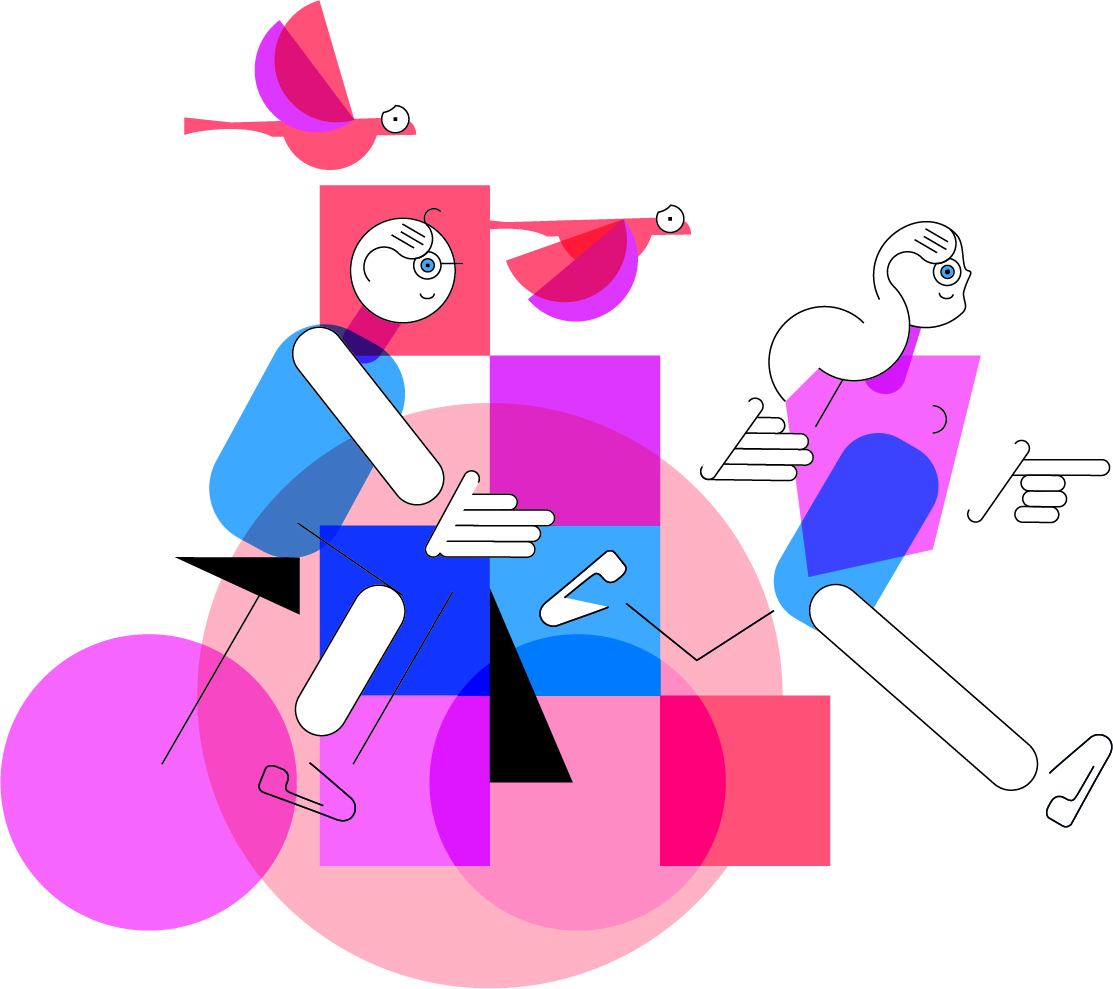
The COVID-19 pandemic has affected young people’s access to education, making existing inequalities worse. More than 1.6 billion children and young people worldwide have been affected by the closure of schools and universities.
• Help your peers: If you see someone struggling with a school subject or feeling lonely, offer your support. Advocate for Internet access for students who do not have it.
• Find a study buddy: If your school or university has closed in-person classes, team up online with friends to study together or help one another with schoolwork.
• Follow the guidelines: If your school is open, set a good example to those around you by following health measures like handwashing.
• Read: Expand your horizons by reading a new genre or a new author. Start a book club with friends or family.
• Write: Express yourself through writing. You could write letters to friends and family, try writing poetry, or keep a journal to record your experiences during this time.
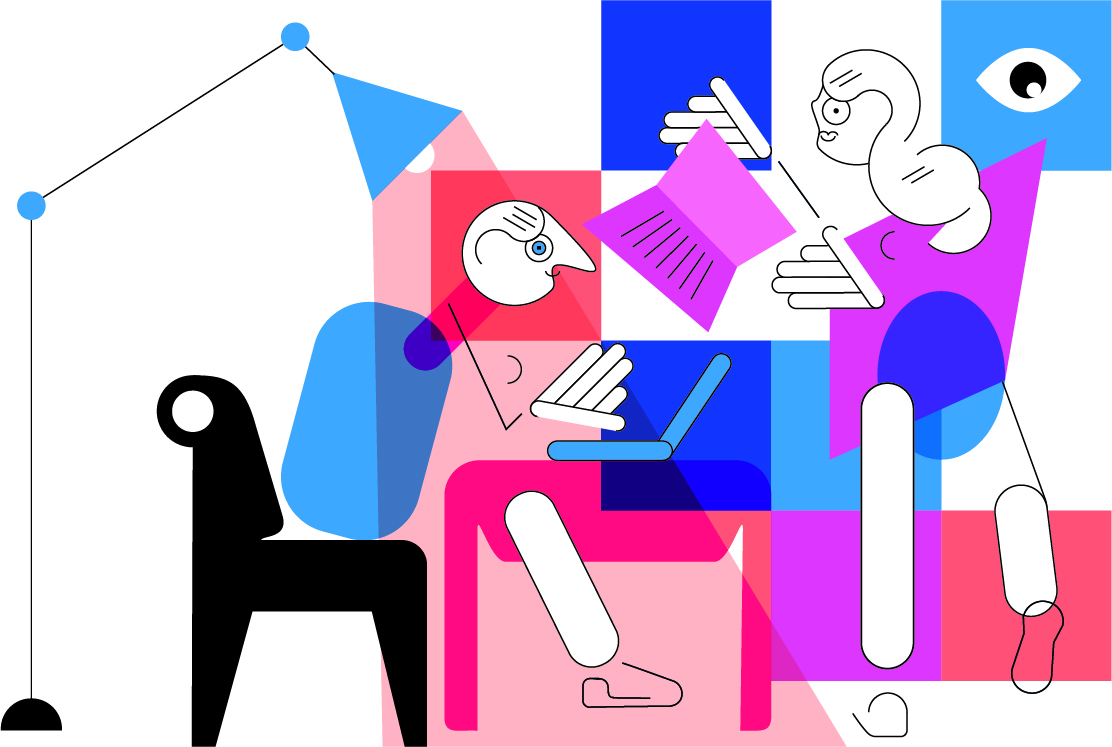
Even before COVID-19, one in five adolescents worldwide was living with a mental health condition. The impact of the pandemic has only made the problem worse.
• Acknowledge your feelings: The COVID-19 pandemic has been unprecedented and challenging, and if you feel anxious or sad, recognize that this is normal, and you are not alone.
• Talk: Don’t be afraid to talk about your feelings and to ask for help.
• Socialize: Stay close to people you love and care about, virtually, or if safe, in person.
• Learn: Use spare time to learn a new skill.
• Be kind: To yourself and to others.
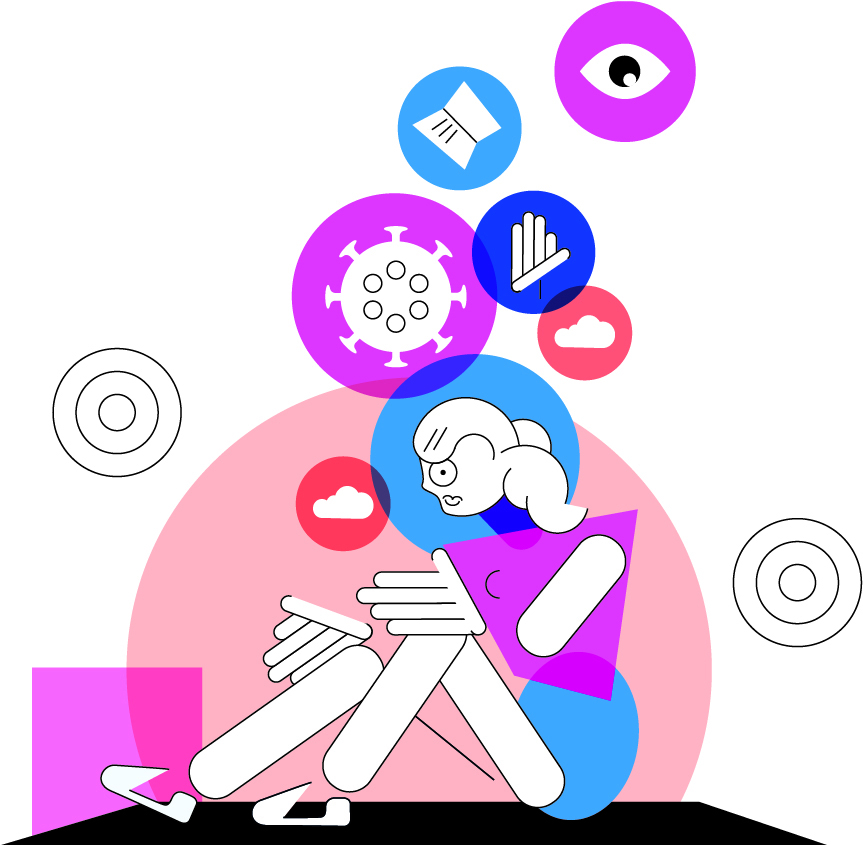
Although the COVID-19 pandemic affects all segments of the population, it has had a particular impact on people in our communities who are already in vulnerable situations and face discrimination, such as refugees, older persons, persons with disabilities, indigenous persons, and those with low incomes.
• Talk to your family: Make sure that everyone in your family understands the importance of handwashing, physical distancing and knowing where to find the most reliable information.
• Intervene: Speak up if you hear or see friends or family members sharing misinformation or making discriminatory comments.
• Verify: Combat misinformation about COVID-19 by becoming an Information Volunteer through the UN’s Verified initiative and help increase the amount of trusted, accurate information.
• Share information in your own way: Find creative ways of informing and entertaining friends and family online, such as through art or writing.
• Volunteer: Look for volunteering opportunities in your community. Help people in need by picking up their groceries and medicines, for instance.


Although the COVID-19 pandemic affects all segments of the population, it has had a particular impact on people in our communities who are already in vulnerable situations and face discrimination, such as refugees, older persons, persons with disabilities, indigenous persons, and those with low incomes.
• Talk to your family: Make sure that everyone in your family understands the importance of handwashing, physical distancing and knowing where to find the most reliable information.
• Intervene: Speak up if you hear or see friends or family members sharing misinformation or making discriminatory comments.
• Verify: Combat misinformation about COVID-19 by becoming an Information Volunteer through the UN’s Verified initiative and help increase the amount of trusted, accurate information.
• Share information in your own way: Find creative ways of informing and entertaining friends and family online, such as through art or writing.
• Volunteer: Look for volunteering opportunities in your community. Help people in need by picking up their groceries and medicines, for instance.